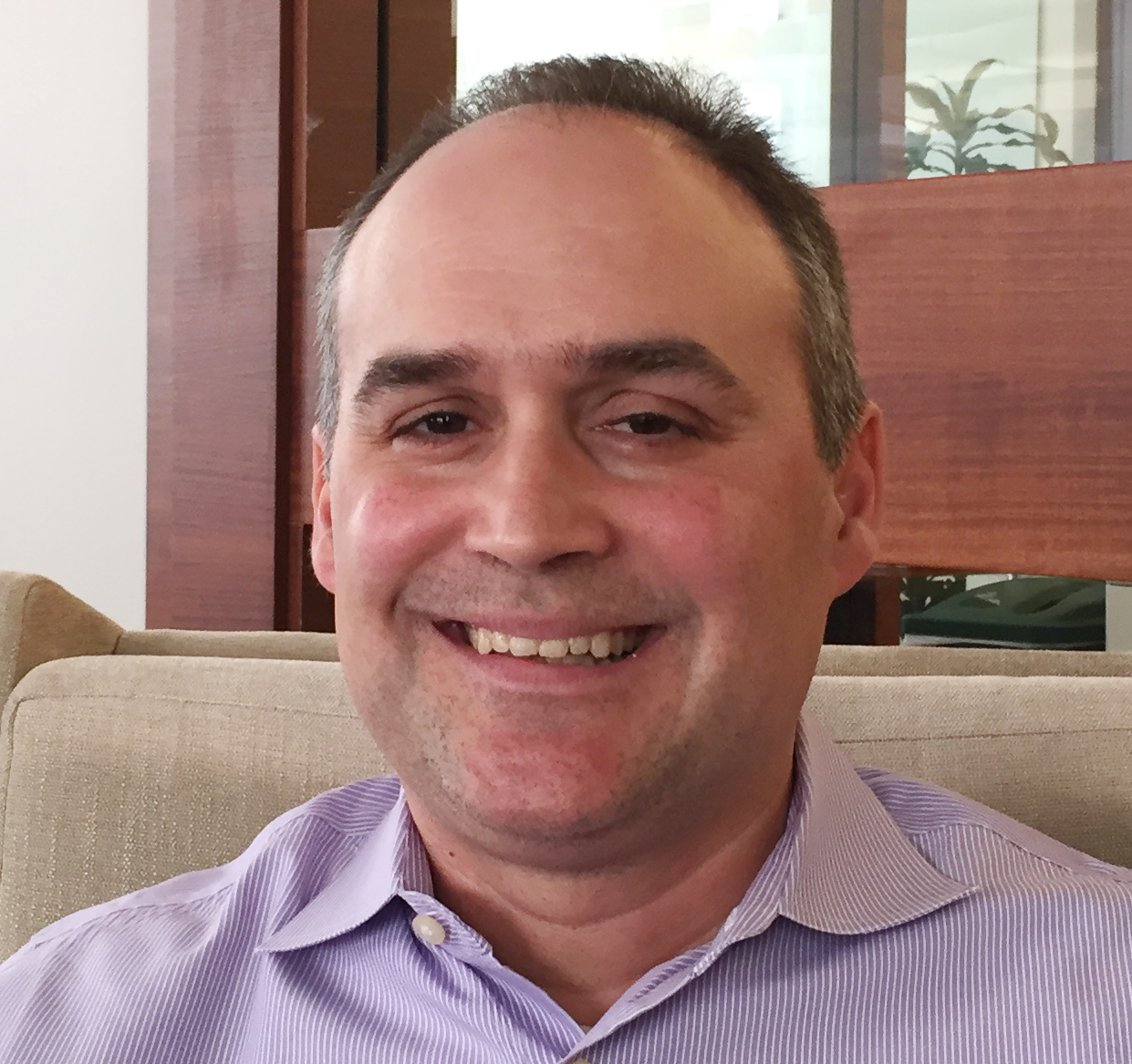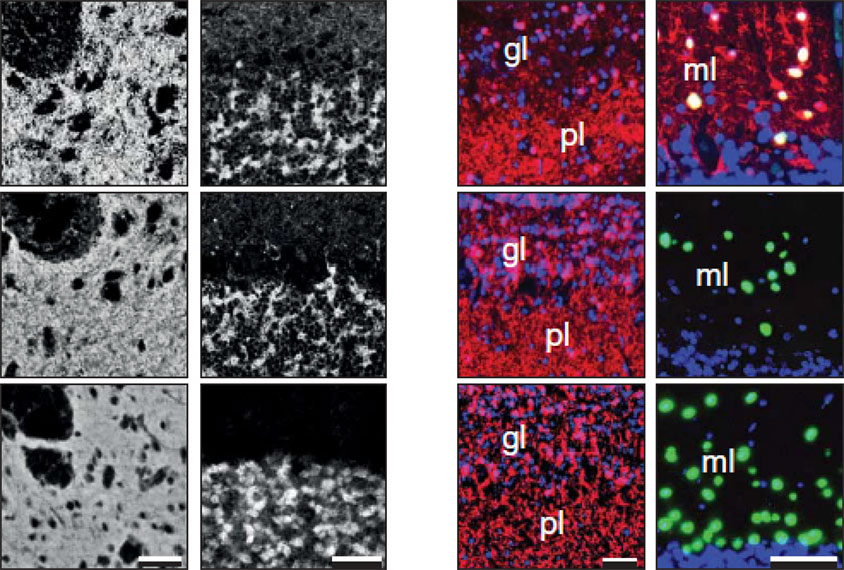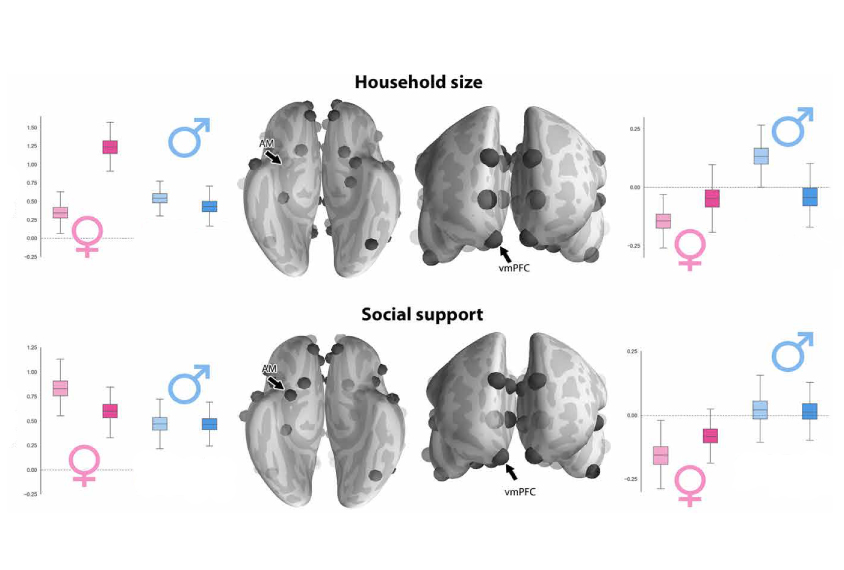
Marcus A. Banks
From this contributor
Coronavirus threatens autistic people living in group homes
Living in close quarters, with rotating staff and sometimes inadequate protective equipment, group-home residents are especially vulnerable to COVID-19.

Coronavirus threatens autistic people living in group homes
Social brain may differ between men and women
Brain imaging data reveal sex differences in regions linked to social contact.
Common pregnancy complication linked to increased autism odds
High blood pressure during pregnancy may raise a woman's chances of having an autistic child.

Common pregnancy complication linked to increased autism odds
Cognitive tests may help characterize intellectual disability
Standardized tests can reliably assess memory, language ability, executive function and other traits in people with intellectual disability linked to autism.

Cognitive tests may help characterize intellectual disability
New atlas maps gene expression throughout the brain
A comprehensive atlas of gene expression by brain region could spur new research on autism.

New atlas maps gene expression throughout the brain
Explore more from The Transmitter
Astrocytes orchestrate oxytocin’s social effects in mice
The cells amplify oxytocin—and may be responsible for sex differences in social behavior, two preprints find.

Astrocytes orchestrate oxytocin’s social effects in mice
The cells amplify oxytocin—and may be responsible for sex differences in social behavior, two preprints find.
Neuro’s ark: Spying on the secret sensory world of ticks
Carola Städele, a self-proclaimed “tick magnet,” studies the arachnids’ sensory neurobiology—in other words, how these tiny parasites zero in on their next meal.

Neuro’s ark: Spying on the secret sensory world of ticks
Carola Städele, a self-proclaimed “tick magnet,” studies the arachnids’ sensory neurobiology—in other words, how these tiny parasites zero in on their next meal.
Autism in old age, and more
Here is a roundup of autism-related news and research spotted around the web for the week of 2 March.

Autism in old age, and more
Here is a roundup of autism-related news and research spotted around the web for the week of 2 March.
